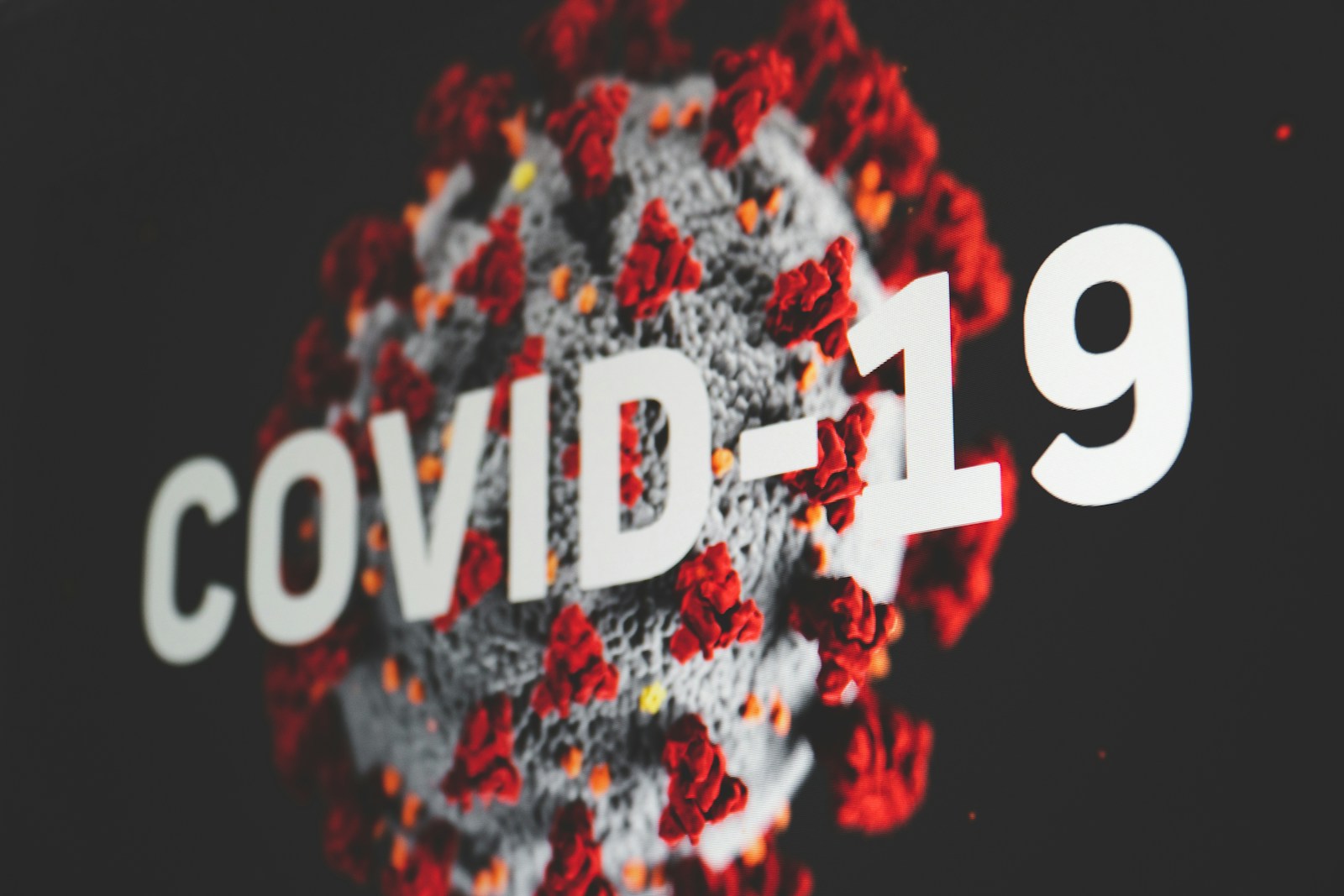Key Takeaways
– Robert Kennedy Junior ends five hundred million dollars in mRNA vaccine research
– Critics warn this move may slow responses to future outbreaks
– mRNA technology helped create COVID vaccines in record time
– Focusing only on personal health can leave communities vulnerable
Background on the Funding Cut
Recently the head of Health and Human Services announced he would stop funding for mRNA vaccine research. He said the risks outweigh the benefits for respiratory viruses. As a result researchers will lose five hundred million dollars in planned grants. They will now need to find new sponsors or halt studies. This decision marks a sharp turn from past administrations. It shocked many in the public health community.
Why mRNA Research Matters
First mRNA technology became a key tool against COVID. Scientists could design a vaccine once they saw the virus’s genetic code. They then tweaked that code to train the body’s defenses. This process took weeks rather than years. Moreover the vaccines showed strong protection against severe illness. Thus they saved countless lives and helped end lockdowns. Beyond COVID developers have explored mRNA vaccines for flu and other diseases. They also tested it for cancer and rare infections. This broad potential drives hopes for faster, safer vaccines in future. Cutting funds now could slow all these efforts.
Critics Call the Cuts Reckless
A leading features editor recently described these cuts as downright reckless. She argued that ending public health research harms everyone. She noted some groups felt COVID’s effects more strongly than others. However she warned that germs do not care who you are. In other words a new virus could threaten any community. Therefore we need tools to make vaccines fast and fair. When research stalls, we lose that critical edge. This edge proved vital during the recent pandemic.
Risks of a Personal Health Focus
Meanwhile the current health chief has long warned against big pharma. He often promotes alternative medicine and lifestyle fixes. For example he said he follows an anti aging diet and takes a popular supplement. While personal routines may help one person they do not protect whole communities. Moreover some protocols lack strong evidence from large studies. Thus they may not work in a pandemic. In contrast vaccines rely on rigorous trials with thousands of volunteers. That data helps experts spot rare side effects and measure real benefit. Without it we end up guessing instead of knowing.
Economic and Social Impacts
Also vaccines and treatments drive down health costs over time. They prevent hospital visits and long term care bills. This relief matters for families and public budgets. When we cut research dollars we risk higher costs later. Hospitals may face surges they cannot handle. Businesses may close if workers fall ill. Schools could shut down to stop spread. All of these outcomes harm society at large. We pay now or we pay much more later.
Who Will Feel the Pain First
Of course a new disease does not hit everyone equally. Communities with fewer health resources face bigger challenges. For them mRNA tools could mean faster protection. Without these options they rely on older methods that take longer. Meanwhile wealthier groups might access private treatments. Yet no one remains safe if the virus spreads unchecked. Therefore we need solutions that serve all regions. Equity in research funding stands at the heart of that goal.
Lessons from COVID
Looking back we saw how fast research can pay off. In just a few months scientists created effective vaccines. Global cooperation let labs share data in real time. Companies adapted factories to make millions of doses quickly. That teamwork saved lives around the world. Cutting funding now risks undoing that progress. Moreover it may send the wrong signal to young scientists. They might leave the field or choose other topics. In turn we slim the talent pool for future threats.
Calls to Protect Collective Health
Experts urge Congress and other officials to step in. They propose restoring research dollars for mRNA technology. They also suggest expanding grants to include newer vaccine types. Furthermore they call for funding public clinics and training local teams. This mix ensures that we build both tools and the people who use them. With stronger infrastructure we can react faster when new bugs appear. Thus we can avoid another global health crisis.
What You Can Do
As a community member you can learn more about vaccine research. You can ask leaders to support science funding at all levels. You can join local groups that promote fair health policies. You can also share stories of how fast research saved lives during COVID. These efforts help hold officials accountable. When the public cares, policy makers tend to listen.
Looking Ahead
Despite this setback many scientists remain hopeful. They plan to seek private and non profit funding for their projects. They also explore global partnerships to share data and resources. Meanwhile public awareness of vaccine science has never been higher. People now understand the value of rapid vaccine design. That knowledge can drive future support for research.
Conclusion
In simple terms halting five hundred million dollars in mRNA vaccine research puts us all at risk. When we weaken our defenses the next outbreak may hit harder. Thus we need to balance personal health choices with collective action. By funding vaccine science we protect families, schools, and workplaces. Ultimately strong public health funding saves lives and money. We must act now to secure a safer future.
